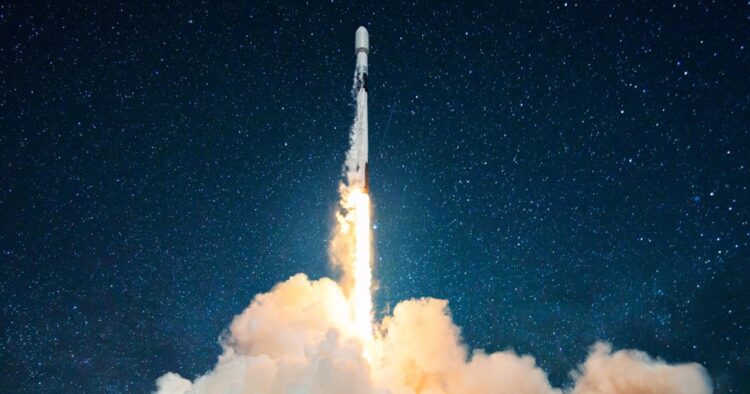In a groundbreaking development, three Bharat space technology startups—Dhruva Space, Bellatrix Aerospace, and TM2Space—are gearing up to launch their payloads aboard the Polar Satellite Launch Vehicle (PSLV) – C58 XPoSat Mission by the Indian Space Research Organisation (ISRO). The highly anticipated launch is scheduled for January 1, 2024, at 9:10 am from Sriharikota, Andhra Pradesh.
This mission marks a significant milestone for ISRO as it embarks on its first X-Ray Polarimeter Satellite mission, named XPoSat. Over the course of its five-year lifespan, XPoSat will focus on assessing the orientation of vibrations in light waves, offering valuable insights into the radiation mechanisms and geometry of celestial sources.
Dhruva Space’s LEAPTD Showcase:
Hyderabad-based Dhruva Space will be showcasing its LEAPTD (Launching Expeditions for Aspiring Technologies Technology Demonstrator) payload. This demonstration aims to exhibit microsatellite subsystems, highlighting the company’s prowess in advancing satellite technology.
Bellatrix Aerospace’s Dual Payloads:
Bengaluru-based Bellatrix Aerospace plans to launch two payloads as part of the mission. The Rudra 0.3 HPGP green monopropellant thruster and ARKA 200, another thruster variant, will be on board. Thrusters are crucial engines responsible for maintaining satellites in orbit throughout their operational lifespan, typically ranging from 10 to 15 years.
Notably, Bellatrix Aerospace had previously collaborated with Dhruva Space in April 2023, utilizing space in the PSLV-C55’s POEM module to launch their individual payloads.
TM2Space’s Radiation Shielding Experiment:
TM2Space, also known as TakeMe2Space, headquartered in Bengaluru, will deploy the Radiation Shielding Experiments Module. This module aims to assess the effectiveness of tantalum coating as a radiation shielding mechanism. The experiment holds promise in enhancing the longevity of CubeSats, a category of nanosatellites.
Government Support and Projections:
Union Minister of Science and Technology Jitendra Singh shared that Indian space startups have attracted over ₹1,000 crores in private investment since April 2023. He expressed optimism about the growth of India’s space economy, projecting a potential increase to 100 billion USD by 2040. Singh highlighted ISRO’s successful track record, having launched over 430 foreign satellites and generating substantial revenue from European and American satellite launches.
In conclusion, the XPoSat Mission represents a collaborative effort between ISRO and pioneering Indian space startups, propelling the nation into new frontiers of space exploration and technology.

















Comments